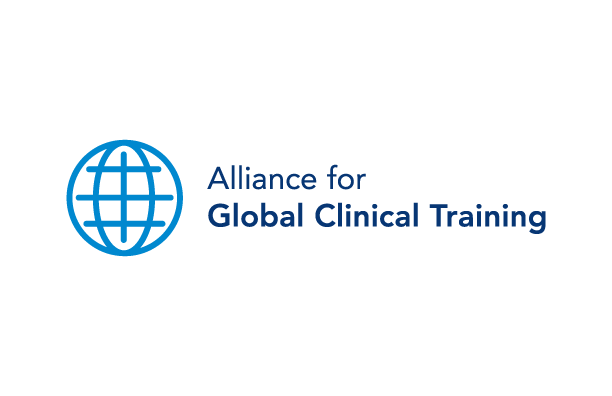April in Dar Es Salaam
Karibu!
Whether you are a global surgery veteran or a first-timer, there’s nothing like taking your first deep breath and look around in a new country. The smells, sounds, colors and sensations form the backbone of your experience and should be savored from those initial moments. When I travel to other countries, I love getting to know the people, their foods and customs, music and values. In that regard, Tanzania does not disappoint. Every person I encountered smiled and greeted me politely and warmly. While I am clearly a foreigner (by my face, clothing and speech), at no time was I ever made to feel unwelcome or uncomfortable. I stayed at the Protea by Marriott Hotel Courtyard, which was a short drive from MUHAS (Kalenga House being remodeled I believe). The hotel is also a quick walk along Barack Obama Drive to the Indian Ocean. Arnold, the weekday bellman, was friendly, helpful and checked in with me frequently to make sure I had all I needed.
I arrived having done surgical trips to other low-middle income countries, so there was little preamble in getting to work. I got a brief tour of the sprawling MUHAS/MNH grounds, including the new laparoscopy skills room off of the anatomy lab. Dr. Larry Akoko’s office is much like the offices I have seen of others who are the creators and builders of new programs – models and supplies in every corner, shelves crowded with books, students and visitors coming and going constantly (Dr. Akoko seems to know EVERYone there), and the ubiquitous electric water kettle and tea supplies accorded valuable and readily accessible counter space. I had brought with me six pairs of loupes donated by AGCT and Loupes Around the World for the six surgeons who had started the dialysis surgery didactic training. We had a little “loupes ceremony” for the recipients, all of whom were deeply grateful and excited.
We then travelled 20 minutes or so to the Amana Regional Referral Hospital. They have a very clean and modern ED/ICU (funded by Abbott), as well as several bright, open and clean patient wards. There are three reasonably sized operating rooms.
Of course, the main objective of our visit there was their dialysis unit. In Tanzania, dialysis units are based at the regional and national hospitals and also at privately run units. The regional hospitals are staffed by physicians and surgeons, who may work at more than one hospital to make a living. The primary surgical specialties available at Amana are gynecology, general surgery and urology.
We were accompanied through the dialysis unit by a nephrologist and a couple of the interested Amana surgeons. Using the donated Butterfly portable ultrasound unit, we evaluated all of the patients who were there to receive dialysis.
Of the 13 patients who came for dialysis that day, only one had had a prior attempt at dialysis access and had a tunneled catheter in place instead. We scheduled 11 of the 13 patients for arteriovenous fistula creation; the remaining two were felt to have inadequate veins and referred for tunneled dialysis catheter placement.
Over the following four days, we were able to operate on 10 of the 11 patients, and 8 of those 10 had successful AV fistula creation (the two failed cases had poor quality vein intraoperatively - one of those had already been anticipated by preoperative vein imaging to be a marginal candidate).
In total, I participated in or observed six brachiocephalic, two single-stage basilic transposition, and two radiocephalic fistulae operations. The 11th patient had a functioning fistula created the subsequent week by the Tanzanian surgeons operating completely solo.
On my last day, I went to the Mwenge Carver’s market (and probably spent more than reasonable on souvenirs), then to a BBQ at Dr. Akoko’s house. What a wonderful and endearing way to end the trip being invited into someone’s home and made to feel a part of the family!
In terms of travel logistics, the food in Tanzania was savory – a mixture of Indian, Middle Eastern, Asian and African influences and spices, along with the unexpected central mainstay of hot tea! Some particularly memorable local dishes were: ugali (thick maize porridge/dough), vitumbua (rice donut), ndizi (plantain), mbuzi (goat), mtori (banana) soup and chipsi mayai (egg-potato omelette). The music is upbeat in a distinctly different tone and rhythm compared to the Latin-Caribbean influences we mostly hear at home in the US. The traffic, not surprisingly for densely populated areas, requires a little bit of faith in your driver’s knowledge of driving rules and etiquette, not to mention navigating around (or sometimes through) jarring potholes. It rained intermittently while I was there, which made for even more complicated traffic jams. Nonetheless, Uber and local ride-hailing services (like Bolt) were readily available and worked reliably. I did take malaria prophylaxis (Malarone) and used mosquito repellant daily, and I was only bitten on the one day when I decided to eat dinner outside on a patio during a rainstorm.
Asante sana!
